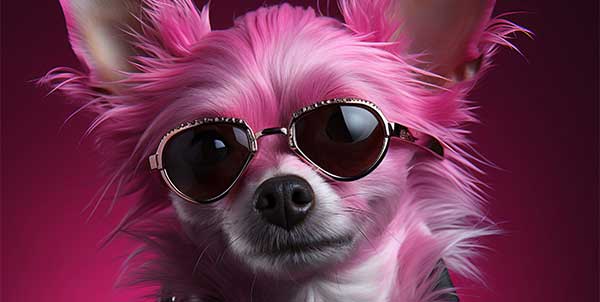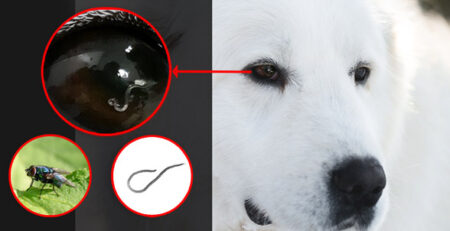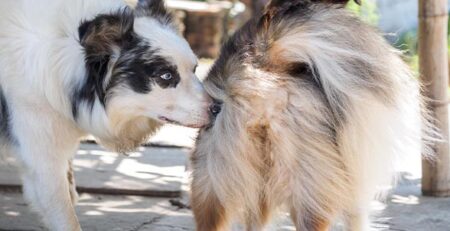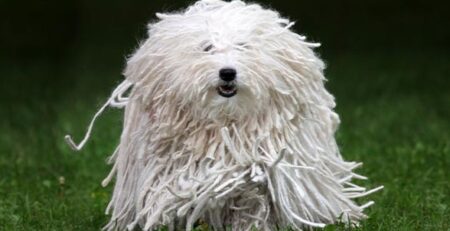Chihuahua: a dog for whom size does not matter
We call it Chihuahua but actually the real name of the world’s smallest dog breed is
Chihuahueño,
a term that indicates its origin, which is the state of Chihuahua, Mexico.
According to the FCI (Fédération Cynologique Internationale), its origins date back to the period between the 10th and 12th centuries.
The ancestor of the Chihuahua would be a wild dog captured and domesticated by the Toltecs, a Native American people of pre-Columbian times.
The Toltecs dominated much of central Mexico where the Techichi, precursor dog to the Chihuahua we know today that is unfortunately extinct, also lived.
Of a different opinion are some archaeologists who consider it unlikely that dogs of any breed existed in Latin America before the arrival of the Spanish, thus between the late 1400s and early 1500s.
They speculate that the ancestor of the Chihuahua was instead a small dog that arrived from the East and was then selected by local Indians.
DNA reveals the truth about the Chihuahua breed
As proof of this, researcher Mattias Oskarsson of the KTH Royal Institute of Technology in Stockholm, Sweden, analyzed the DNA of these Native American breeds for markers indicative of an East Asian or European origin.
Oskarsson’s research revealed that the Chihuahua was a purely indigenous dog of the Americas whose presence could be traced back thousands of years and whose only genetic cousins were found specifically in East Asia, not Europe.
The arrival in Europe in the nineteenth century
It was not until around the 1800s that the Chihuahua crossed Mexican borders and landed in the United States; official recognition of its standard by the American Kennel Club also came in 1904.
Considered a valuable dog precisely because of its very small size, it depopulated among the ladies of the time who could happily hold it in their arms or sit on their laps wherever they were.
Yet, despite being a perfect companion dog, the Chihuahua is anything but a lounge dog, in fact.
Despite its size, it boasts a great personality and is an extremely strong, responsive and courageous dog.
The Chihuahua: strong and fragile at the same time
Mexican peoples claimed that the Chihuahua’s round, dark eyes “sparkle like gems,” set in an apple-shaped head with a short muzzle and bat-like ears.
He is no more than 23 centimeters tall and his weight ranges between one and two and a half pounds, maximum three pounds.
However, he is brave, lively, cunning, resourceful and shows great affection to his humans.
In addition, it is of the longest-lived breeds in the world: in fact, the average lifespan of a Chihuahua ranges from 12 to 20 years.
There are two varieties, the short-haired variety(Smooth coat) and the less common wavy- or long-haired variety(Long coat) with fringed tails and ears.
The Chihuahua is a dog that requires a lot of care and attention from birth
Teething is prone to plaque and tartar accumulation resulting in periodontal disease so it is necessary to feed it with a proper diet to which chews should be combined.
The eyes, which are very large and bulging, are at risk of injury and infection (Progressive Retinal Atrophy) with a tendency to tearing.
Also frequent is dislocation of the patella (patellar dysplasia) a problem often genetic in nature, which should be detected as soon as possible by radiographic study.
Myocardiopathy, hydrocephalus, and epilepsy
Chihuahuas are also prone to cardiac disorders such as dilated myocardiopathy or ‘valvular insufficiency but also tracheal collapse.
Like even infants, Chihuahua babies have a fontanel on the skull that closes when the dog becomes an adult therefore, it should always be handled with the utmost delicacy and is NOT a dog to be left at the mercy of children or incompetent or careless people.
In addition toepilepsy, cases of hydrocephaly-that is, increased intracranial pressure causing deformation of the cranial bones-are also common in Chihuahuas, and finally, epilepsy.
To have your Chihuahua checked periodically and regularly, contact the veterinary doctors on our staff who are always available to you.
We would also like to remind you that Clinica La Veterinaria is always open h24 every day including holidays and with First Aid service from 8 pm to 8 am.











